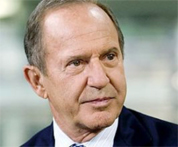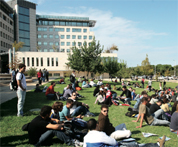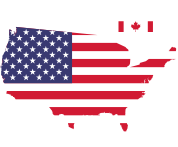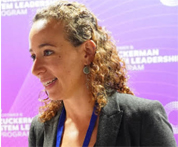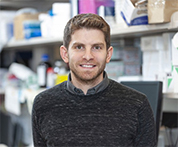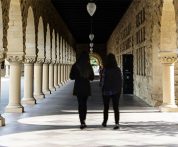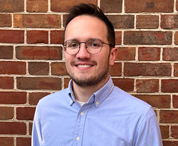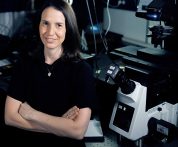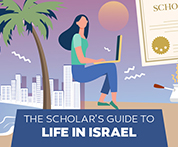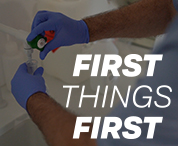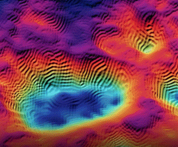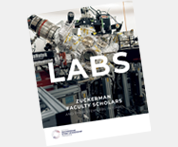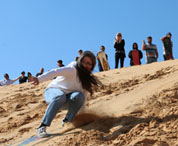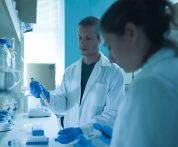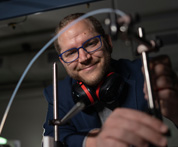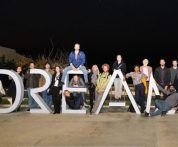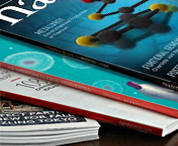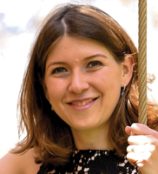The non-cellular portion of a tissue produced and secreted by cells, which mainly provides support to the cells, is called the extracellular matrix, or ECM. In plants, for example, cell wall components such as cellulose form the ECM.
Scientists need material that mimics ECM for their experiments, and they have mostly used hydrogels made of synthetic material. For her doctorate in the Department of Chemical Engineering at Ben-Gurion University of the Negev, Yulia Shmidov worked to develop a better ECM mimetic for culturing living cells. She used hyaluronic acid crosslinked with novel elastin-like peptide dendrimers, and treated the mix with trypsin, an enzyme, in order to degrade it the way an enzyme would in nature. The resulting material shows potential for uses such as drug testing.
For her postdoctoral research in the Department of Biomedical Engineering at Duke University, Dr. Shmidov has remained in the field of biomaterials. Utilizing post-translational modifications —a class of reactions carried out on proteins after they are made inside a cell—she creates new biomaterials that self-organize into bulk materials (particles whose size is above 100 nanometers) with a unique internal structure, and that respond to changes in temperature. These properties make them useful for a range of applications in medicine and biotechnology, particularly in studying lysyl oxidase-related disorders of the ECM, including inflammatory diseases, fibrosis of distinct organs, and cancer.
Dr. Shmidov is already an excellent cultural ambassador. She carried out her PhD research in collaboration with a colleague at Virginia Tech in the US, under the framework of a U.S.-Israel Binational Science Foundation grant. She also participated in the Global Young Scientists Summit@one-north 2020, one of only 200 students worldwide who were selected to meet with 20 Nobel Prize winners.
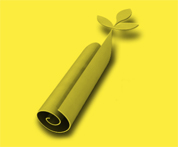 ISRAELI COUNCIL FOR HIGHER EDUCATION
ISRAELI COUNCIL FOR HIGHER EDUCATION MIT-Israel Zuckerman STEM Fund for Faculty Collaboration
MIT-Israel Zuckerman STEM Fund for Faculty Collaboration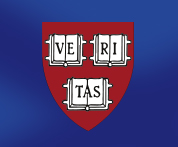 The Zuckerman Travel and Research STEM Fund at Harvard
The Zuckerman Travel and Research STEM Fund at Harvard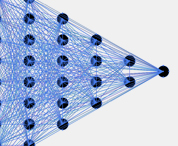 Zuckerman AI Fund at Technion
Zuckerman AI Fund at Technion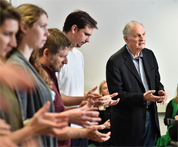 Alan Alda Communicating Science
Alan Alda Communicating Science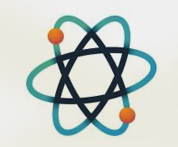 Zuckerman Institute – ScienceAbroad
Zuckerman Institute – ScienceAbroad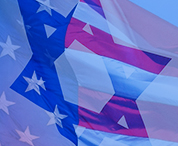 Zuckerman Institute – America-Israel Friendship League partnership
Zuckerman Institute – America-Israel Friendship League partnership

